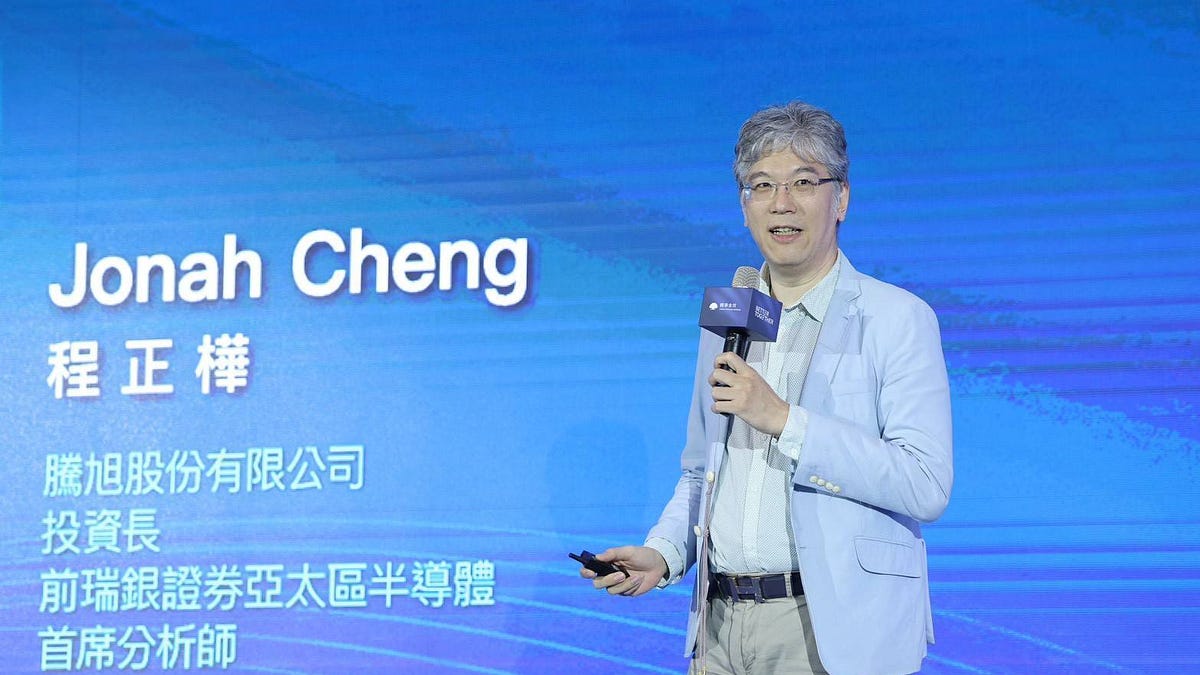
(Reuters) — Companies announcing multi-billion-dollar investments in artificial intelligence have sparked debate over whether the sector is entering a bubble reminiscent of the dot-com boom. Investors are increasingly cautious, watching for signs that AI demand or returns might not justify the record-level spending.
A Bank of America survey found that 54% of fund managers believe AI stocks are in a bubble, compared with 38% who do not. The Bank of England recently warned that a sharp correction in AI-related markets could have “material” spillover effects on global financial stability. Singapore’s GIC investment chief Bryan Yeo noted that early-stage AI startups are being “valued right up there at huge multiples,” echoing bubble-era behavior.
Amazon founder Jeff Bezos said that while investor enthusiasm often blurs the line between good and bad ideas, such industrial bubbles can still produce lasting innovation. In contrast, “Big Short” investor Michael Burry has taken bearish positions against AI leaders like Nvidia, warning of overvaluation.
Others remain optimistic. Goldman Sachs economist Joseph Briggs argues AI investments are sustainable, while ABB CEO Morten Wierod sees long-term infrastructure constraints rather than overexuberance. OpenAI’s Sam Altman summarized the tension best: investors may be “overexcited,” he said, but fortunes — both gained and lost — will shape AI’s future.

AI bubble? Opinions divided on tech's trillion dollar question
Investors are on guard for signals that demand for artificial intelligence is tailing off or that the massive spending is not paying off as anticipated.

